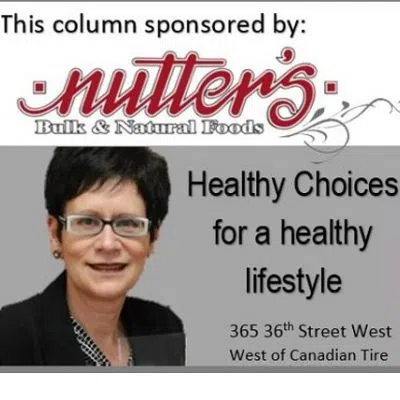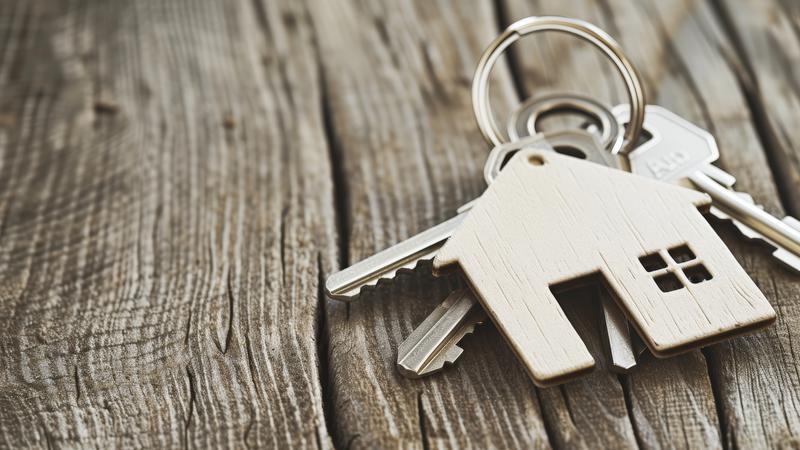
Stressing the importance of de-stressing your stress response
Do you find yourself waking up at night worrying about finances, relationships, your family’s safety and health or politics? Are you often upset at work or as you’re driving? Feeling conflict with relatives and co-workers?
You’re not alone. A new poll from the American Psychological Association reveals that Americans’ anxiety levels are increasing every year — with millennials (born between 1981 and 1996) being the most worried group, especially about money; and baby boomers (born 1948 to 1964) experiencing a seven-point jump in their anxiety level this year. Overall, when asked to compare their current anxiety with that of the previous year, 57 percent of women 18 to 49 said that they were more anxious, as were 38 percent of men the same age.
So …
Breathe. Slowly. Exhale. Slowly.
We’re going to talk about your stress responses, and we don’t want the discussion to irk you. It’s important to admit to the tension. To identify when it derails you. To find ways to ease it. Breathe.


